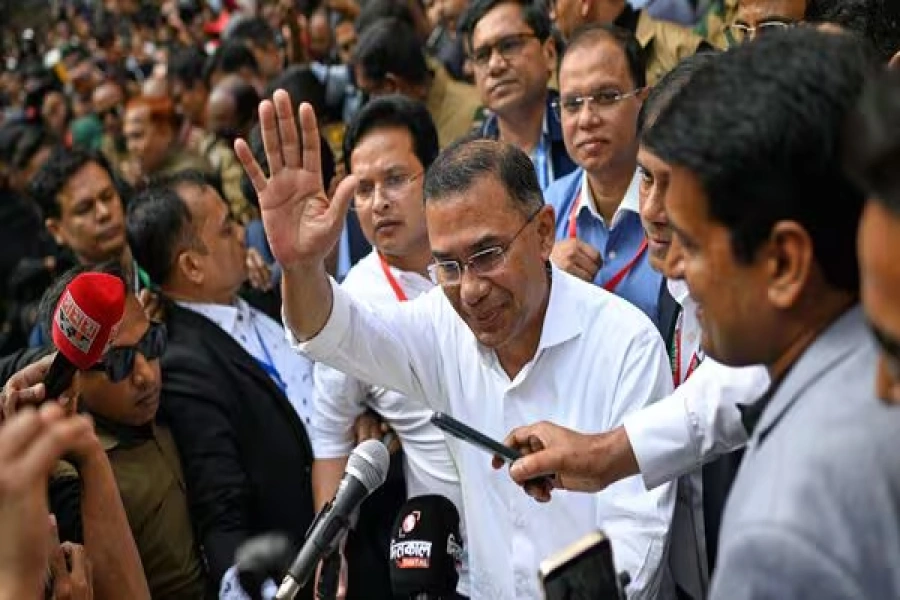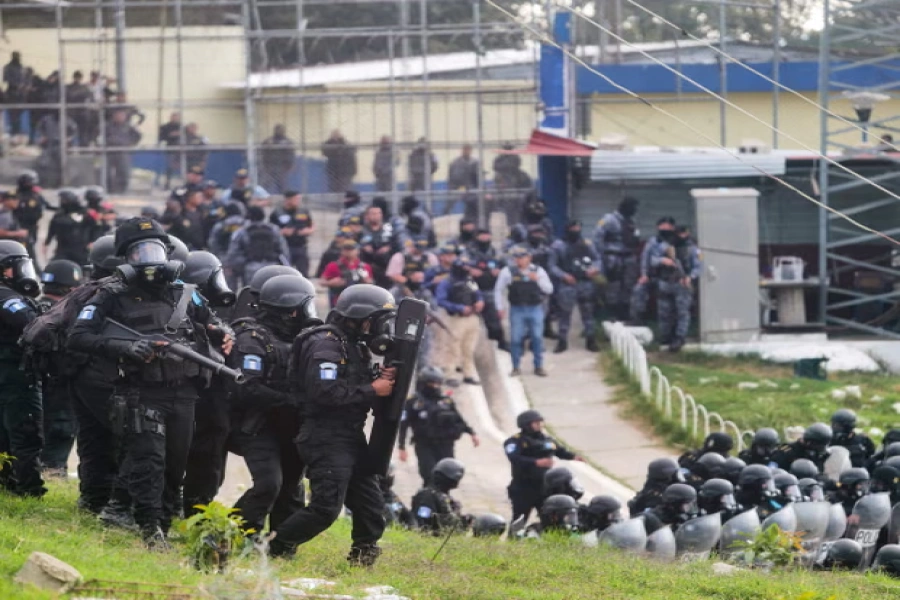The police bring more than 150 such people every night, mainly on the suspicion of drunk-driving. Health workers have to certify whether they have consumed alcohol or not. [break]
"They wear good attires and seem to belong to a middleclass family. They are pretty much decent people," said Khuba Raj Acharya, an auxiliary health worker at the hospital, adding that it would be injustice to call them drunkards. Doctors, however, prefer to call them "decent drunkard."
"They start to speak English when they sensed something wrong going to happen to them and refused to cooperate," doctors say. "Such people argue about their fundamental rights and laws. They complain about flaws in existing system." Acharya said that such people often ask: "Why does government permit sales of liquors in the first place? Which law bars them from drinking? Why should they obey doctors´ directions when they haven´t committed any mistake?"
"Last night, one decent drunkard laugh sarcastically and made us all laugh when police reminded him of public offence act," said Acharya, adding that he instead reminded police personnel about his rights to gather with friends and relatives and socialize. "How can I be under arrest, when I have not breached any law of the country?" he said. He requested the police not to treat him as a criminal as he had committed no mistakes.
Emergency Chief of Bir Hospital Dr Nhuchhe Man Dongol said that doctors do not pay any attention to drunkards´ arguments as it is not their business to argue with them. They try to get rid of them as soon as possible. Some become more aggressive and others speak foul languages, which is embarrassing for the relatives of other patients. Few even try to enter into a scuffle with health workers. "We request them to cooperate," said Dr Dongol.
He said that such people often question the tests conducted at the hospital and challenge them to prove scientifically that they are drunk, which the hospital cannot.
Moreover, it is too difficult to deal with foreign drunkards, as health workers do not understand all foreign languages.
Though the technology has brought much revolution in the medical field, doctors at Bir Hospital´s emergency still rely on old fashioned methods to determine whether someone is drunk or not.
First, they smell the mouth of the person under suspicion. Then, they examine the redness of their eyes and ask them to button their shirt. If the doctors still remain unsure, they ask the person to walk along a straight line. After these examinations, doctors can give a simple report whether the person had consumed alcohol or not. But they are not in a position to confirm the amount of alcohol consumed.
The doctors have to make an official report when someone is brought by the police on the suspicion of consuming alcohol and breaching social harmony. Dr Dongol said some alleged drunkards often complain the health workers do not behave with them in an appropriate manner.
"Anyone can say whether a person has drunk or not. The only difference is we have the authority to produce official report," said Prem Khadka of the hospital´s emergency. He said that the hospital lacked laboratory facilities to examine the amount of alcohol in the blood. “In the absence of proper technology, doctors at the hospital are compelled to produce their reports just on the basis of clinical behavior." The country, however, lacks laws that specify how much alcohol a person can legally consume. The police take legal actions against alleged offenders on the basis of reports produced by the hospitals.
According to Dr Khadka, health workers serving hospital emergency have been encountering intense pressure from such people. "Due to the disturbance of the alcoholic people, serious patients are not getting proper attention of doctors," he complained. He said the hospital´s emergency has only two doctors who take care of all the patients. The hospital´s emergency usually sees serious patients. He said the relatives of serious patients become furious when their patients do not get doctor´s attention. The relatives of other patients feel neglected and quarrel with doctors. He said that hospital emergency is not the right place to deal with drunken people and the police or the hospital administration should find other alternatives.
Bir docs say Ganga Maya's visitors nuisance








































